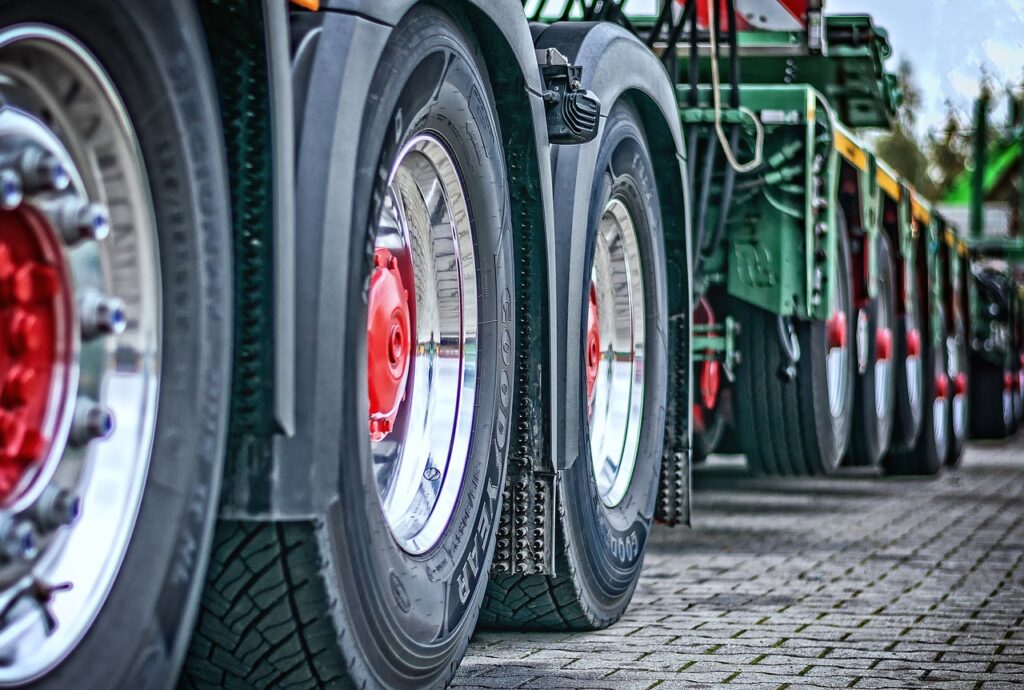Werner Enterprises has taken a step in its quest to reduce its carbon footprint by integrating a hydrogen fuel cell-powered truck into its fleet.
This move involves the adoption of an International RH Series Class 8 truck equipped with fuel cells and electric powertrains from Accelera by Cummins, marking a noteworthy advancement in the logistics provider’s sustainability efforts.
Werner’s introduction of the hydrogen-powered truck underscores the company’s commitment to embracing cutting-edge technology to enhance operational efficiency while promoting environmental sustainability. Chad Dittberner, Senior Vice-President of Werner’s One-Way Network and Innovation Council Leader, highlighted this dual focus, emphasizing the company’s dedication to a greener future for the transportation industry.
The logistics and transportation sector is under increasing pressure to adopt cleaner technologies. Hydrogen fuel cells are becoming a viable alternative due to their potential for zero emissions and high efficiency. Companies like Werner are at the forefront of this transition, leveraging hydrogen technology to meet stringent emissions targets and contribute to global decarbonization efforts.
The truck, an International RH Series Class 8 model, is powered by Accelera by Cummins’ hydrogen fuel cell and electric powertrains. Dawn Wehr, General Manager of Fuel Cell and Hydrogen Technologies at Accelera, noted the importance of real-world validation, stating that collaboration with fleet operators like Werner is crucial for refining and improving zero-emissions technologies. This partnership not only enhances technology credibility but also boosts confidence within the industry.
Hydrogen fuel cell technology is still in its relative infancy compared to battery-electric vehicles. However, it offers advantages in refueling times and range, particularly for heavy-duty applications. Companies such as Nikola and Toyota are also exploring hydrogen fuel cells for long-haul trucks, positioning this technology as a competitive alternative in the market.
Werner Enterprises has set an ambitious goal to reduce its carbon footprint by 55% by 2035. The integration of hydrogen fuel cell trucks is part of a broader strategy that includes testing various fleet technologies to cut fuel consumption and emissions. These technologies range from biodiesel fuel blending and battery-electric tractors to compressed natural gas (CNG) engines.
Despite the promise of hydrogen fuel cells, their widespread adoption depends on overcoming several hurdles. These include technological advancements, cost reductions, and the development of a comprehensive hydrogen infrastructure. Additionally, policy support and incentives will be crucial in facilitating the transition to hydrogen-based transportation.
